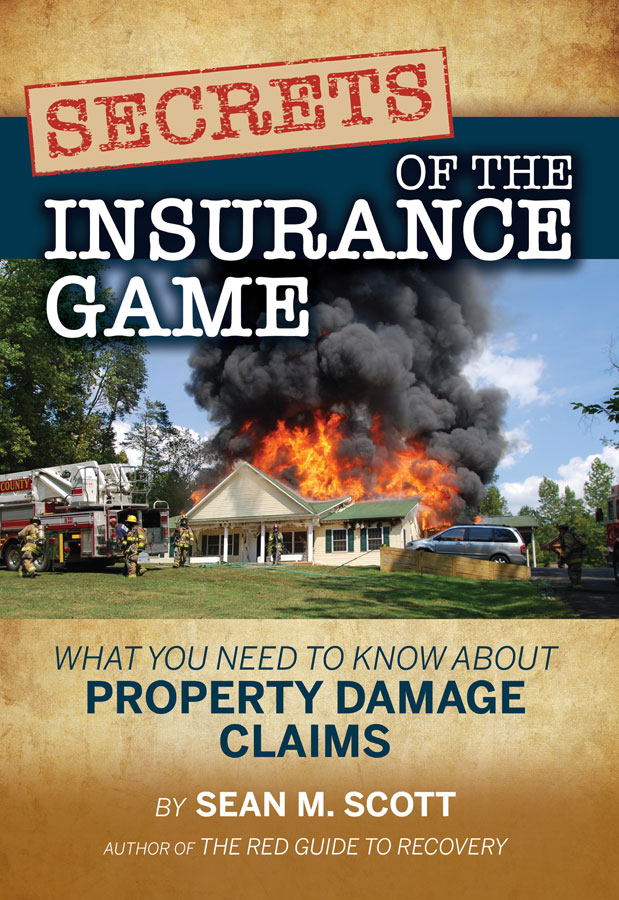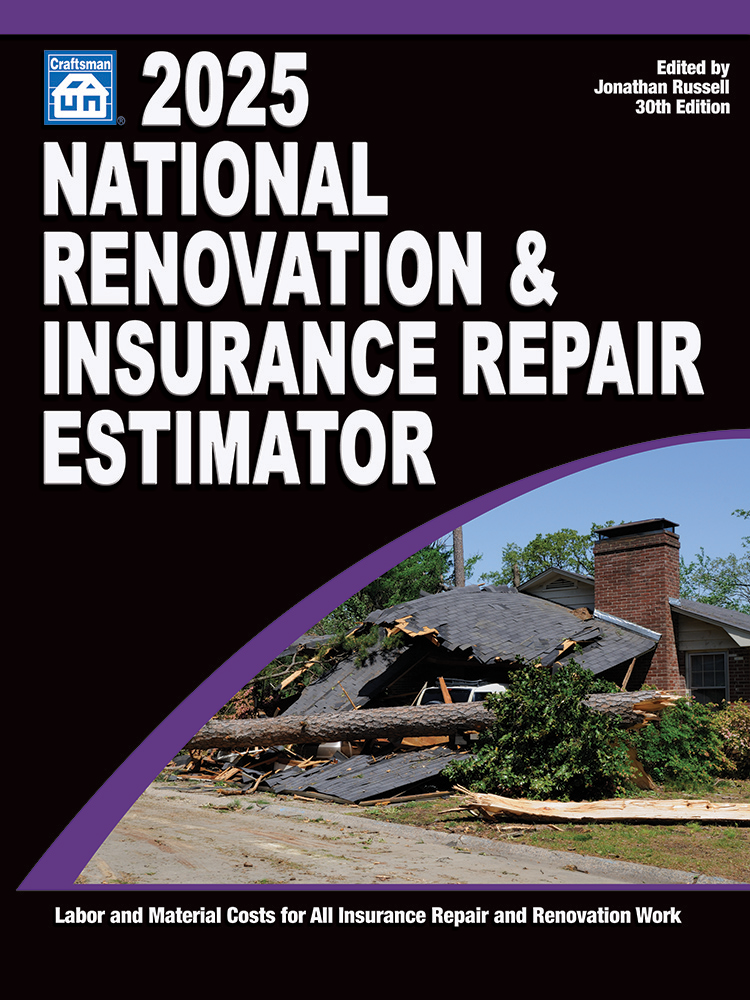Navigating Business Interruption Insurance in the Restoration and Remediation Industry

Photo: wutwhanfoto / iStock via Getty Images Plus
If you work in the restoration industry, you are no stranger to a myriad of ways that homes and/or commercial businesses, including small businesses, are impacted by damage. Natural disasters, floods, hurricanes, wildfires and catastrophic events can severely impact both the individuals involved and the businesses affected, ultimately impacting both their customers and employees.
When faced with an event that causes your business to close temporarily, it's important to understand what your current insurance policy covers or more importantly, what it does not. Let's start with the basics. First, if you are operating a small business, you should already have commercial general liability insurance and/or a business owner's policy (BOP). Those policies should cover the basics of what you need regarding damages to your business. If you have a BOP, that means you are bundling your general liability insurance with your commercial property insurance and it includes business interruption coverage (which can save you money vs. purchasing policies directly). General liability insurance is what covers third-party claims such as bodily injury and property damage and is typically the first policy small business owners purchase.
Now, the common question you might be asking yourself is what is business interruption insurance and why is it important? These are good questions to ask before you are faced with a disaster and/or potential closure, especially as every restoration business is different (in terms of size, location, types of services offered, etc.) At a basic level, if your business is forced to close temporarily due to an event such as fire, for a recent example, business interruption insurance can pay for lost revenue, day-to-day expenses and even rent and/or relocation costs.
Additionally, we recommend that if your restoration business operates out of a specific location, has customized/expensive equipment and/or stores essential supplies/inventory onsite, then business interruption insurance should be considered essential.
In the restoration and remediation industry, no one knows more about the devastating impact fires, natural disasters, burst pipes, etc. can have on a business. The restoration and renovation time required to make repairs, in addition to the subsequent necessary expenses can add up quickly, especially if the business can't normally operate, i.e., bring in revenue. Business interruption insurance keeps your business on track until you can reopen.
With regards to what business interruption helps cover, it can include lost income, rent and/or lease payments, relocation costs, employee wages, taxes and loan payments. On the other hand, business interruption insurance does not typically cover utilities, undocumented income, if your business is only partially closed and/or interrupted power outages.
In terms of costs, there are several factors that will affect the cost of business interruption insurance, which include your business revenue, where you are located, your existing coverage deductible, the value of the property where you work, how risky your business is and/or your previous history of insurance claims. In the restoration and remediation industry, as an example, there are also considerations for the services offered, and specific equipment used and if you work in commercial and/or residential environments, that will also have an impact on pricing.
Outside of the policies we've already discussed, i.e., commercial property insurance, BOP, and business interruption insurance, you may also need additional types of insurance specific to the restoration industry. For example, builder's risk insurance (which covers structures/materials at a construction site), contractors pollution liability insurance (which covers harm caused by pollution), or inland marine insurance (covering tools and other equipment when in transit or stored off-site or at a job site.
Given all these factors, it is important to shop around, as well as be sure to talk to an expert who is familiar with both the restoration industry, and the requirements in your specific location and the locations of the clients you serve.
The bottom line is that any business that relies on commercial property to generate revenue is a good candidate for business interruption insurance. In the restoration industry, you are often relied upon to help customers get back on their feet after a disaster. Similarly, the right business interruption insurance policy ensures that you can continue to help your customers and keep your business operating smoothly in the event of experiencing a disaster of your own.Looking for a reprint of this article?
From high-res PDFs to custom plaques, order your copy today!









